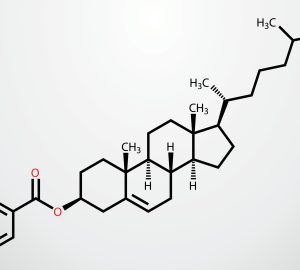[new take on statins]
Research appearing March 4 in The Lancet indicates that statin drugs given to reduce heart attack risk are much more effective in patients with a high genetic-risk score. First co-author Dr. Nathan O. Stitziel of Washington University reports that individuals in the high-risk category have a 70 percent higher risk of heart attack than those in the lowest geneticrisk group, yet both may be on statin therapy, thanks to a 2013 change in guidelines by the American College of Cardiology and the American Heart Association. This dramatically increased the number of patients on such therapy. The genetic risk score of 27 markers in the genome is not yet available to patients, but it may one day be a useful tool to identify coronary disease risk well before traditional measures currently employed by physical exam or routine bloodwork.
[macular edema update]
A new treatment has been approved by the FDA for treatment of diabetic macular edema. The Iluvien eye implant automatically releases 36 months of treatment, freeing patients from injections in the eye. DME affects up to 30 percent of longtime diabetics and if left untreated can lead to vision loss. Locally, Pepose Vision Institute performed the first Iluvien implant in Missouri in February of this year.
[new hope for sleep]
Saint Louis University research offers hope for the treatment of sleep disorders and anxiety through compounds that target the REV-ERB protein, a key factor in regulating circadian rhythm. The SLU team, led by Thomas Burris, Ph.D., hypothesizes that targeting components of the mammalian clock with REV-ERB drugs might lead to new treatments for sleep disorders, anxiety disorders and even addiction. The findings were reported recently in Nature Communications.
[minimizing malnutrition]
A study conducted in Malawi found that updating the World Health Organization’s guidelines for the treatment of childhood malnutrition can reduce relapse rates. Disturbingly, 38 percent of the children currently treated suffer malnutrition relapses within a year. It is estimated that 35 million children worldwide annually suffer from moderate acute malnutrition. Dr. Indi Trehan, lead researcher of the Washington University study, found that for relapse rates to be improved, guidelines need to be increased beyond the current 12-week supplementation period, as well as beyond the current target weight and arm circumference measurements.








